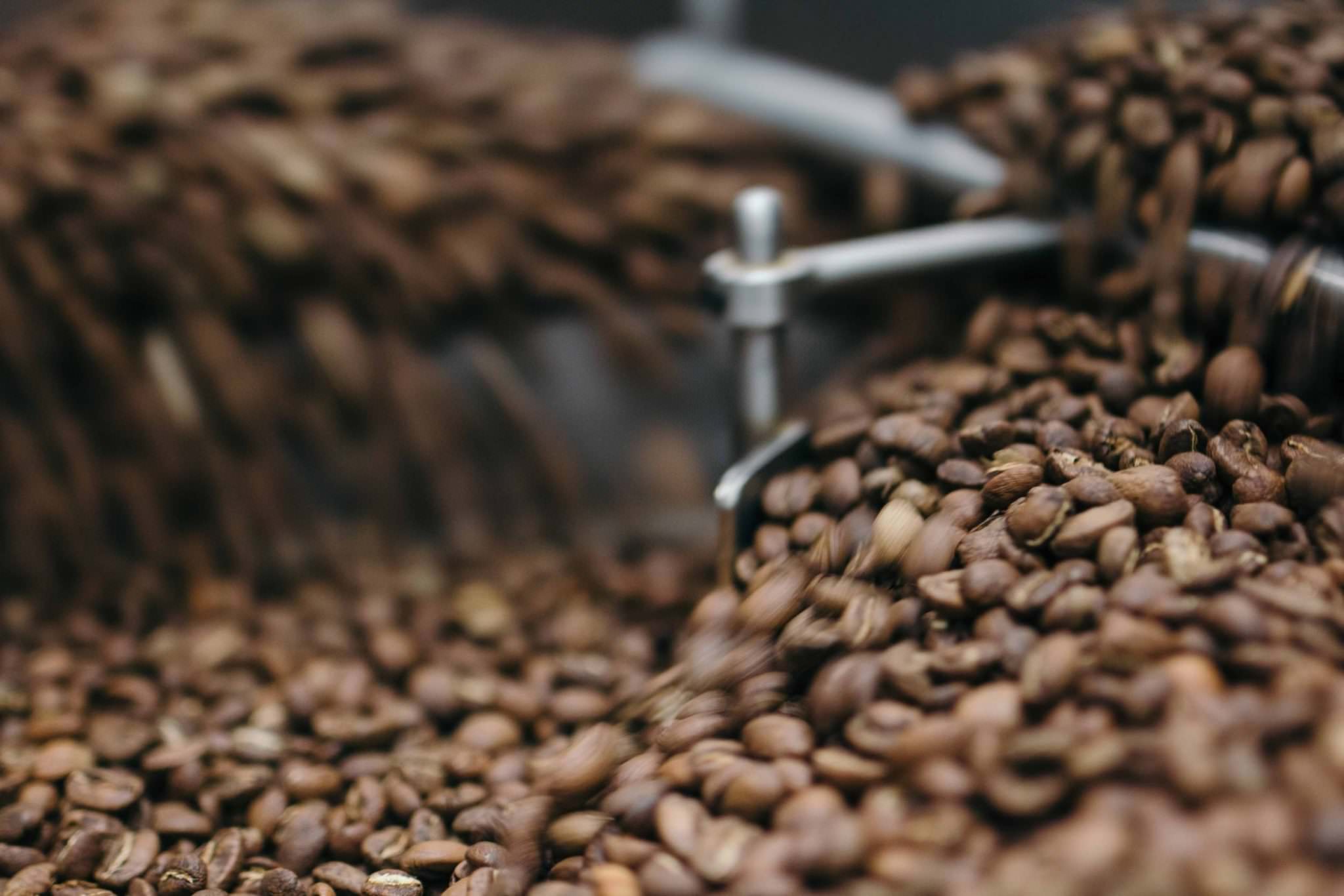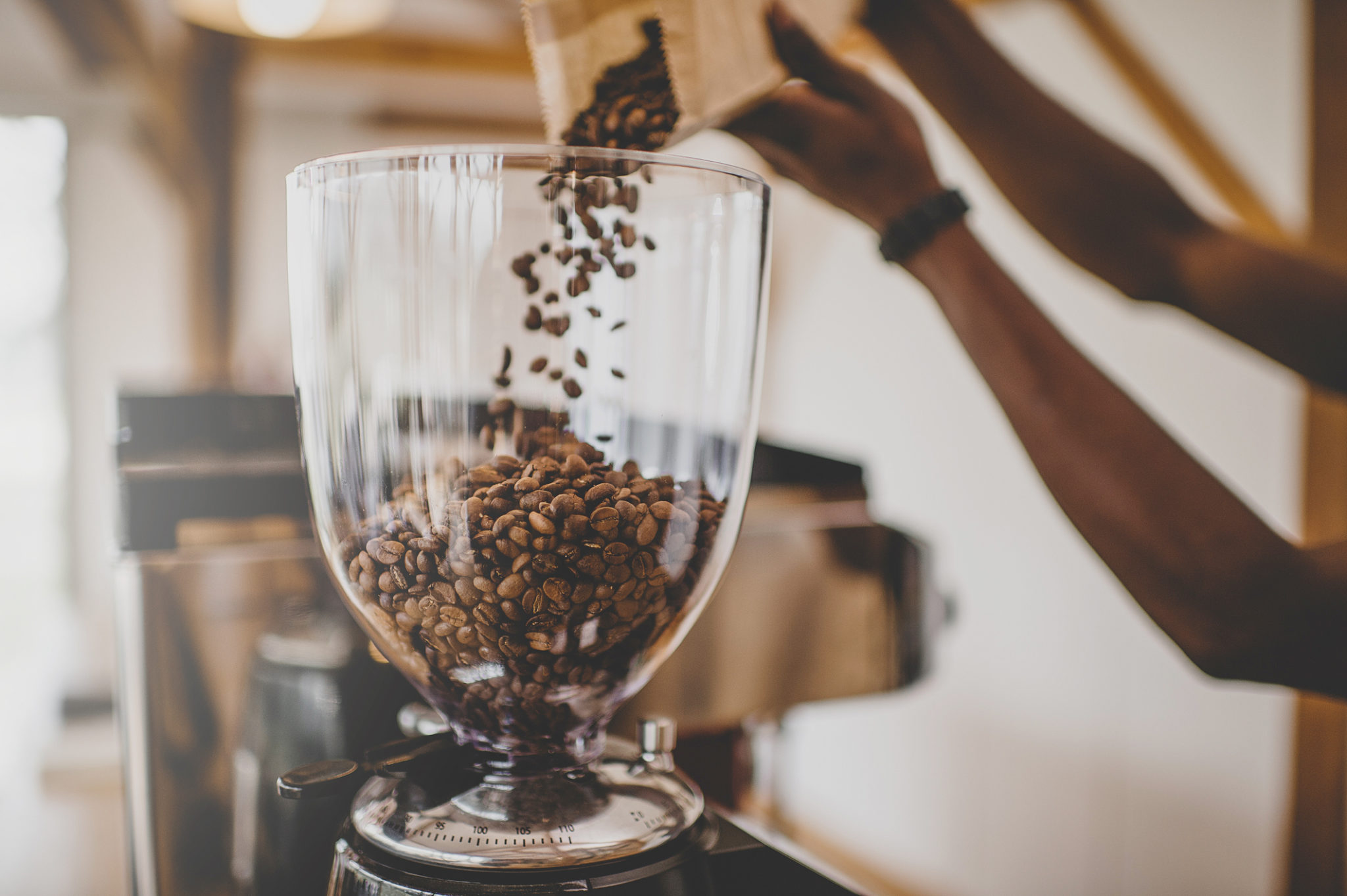We are proud of every coffee we produce and of every bean which leaves our state of the art roastery.
To produce the very best speciality coffee, we work with carefully chosen farmers who grow the beans sustainably and provide a fair living for their workers. The beans are then carefully shipped to us and we expertly roast them to bring out every subtle flavour and aroma. Then we carefully package them and send on to you, but the moment they leave us they become subject to four environmental factors which can easily diminish their brilliance.


Gradually, air, moisture, heat and light rob the beans of their freshness. As beans go stale the evidence becomes apparent quickly. The taste and aroma of the brewed coffee suffers first, all the things which makes your customer’s coffee so special just fade away, the beans become dull and dry and they no longer have that beautiful scent every time you open up the pack.
The chief issue for the beans is the oxidation which occurs when they are in contact with the air, the physical composition of the chemicals in the beans is changed by contact with oxygen and the flavours and aromatics are physically transformed and deteriorate.
If the beans are exposed to moisture, this can lead to fermentation. The moisture encourages the growth of bacteria, yeast and other microorganisms which gradually break down the beans.
Light and heat act similarly on the beans: both cause the beans to heat up. Heat increases the speed of any chemical process which means that the oxidisation with whatever little air may be with the beans is accelerated, as is fermentation caused by unavoidable natural ambient moisture. On top of this, the natural oils which are still in the beans, and which make our freshly roasted beans look so beautiful when you open your latest delivery from us, evaporate much more quickly than they would otherwise.
With this in mind, there are four key things which you need to do to keep your beans as fresh as possible for as long as possible: keep them sealed away from air movement, keep them in a dry place, maintain a relatively constant cool temperature and keep them away from the light.
For these reasons the most common storing suggestion for roast coffee beans is in air-tight containers. However, beans shouldn’t be placed into a container like this until at least three days have passed after they have been roasted. For this period the beans undergo degassing: they continue the process of releasing (predominantly) carbon-dioxide which started in the oven. This is why fresh, speciality coffee beans are often supplied in bags with small plastic pressure-release valves which allow the degassing to continue unhindered.
Once this period has passed though, storing in their bag for a short period is more than acceptable and for a longer period an opaque airtight container is appropriate. It is worth bearing in mind, though, that although the beans will store in a reasonable state this way for a longer period it is advisable to use freshly roasted, speciality coffee beans like ours within approximately three weeks of their roasting date.
If you are storing in a container it should then be kept in a dark place which retains a steady cool temperature: this does not include a fridge as the temperature is not low enough to preserve the beans to any greater extent than a naturally cool area and it will encourage moisture to gather on the coffee.
All of the advice so far has related to roasted beans: for ground coffee the danger of degradation from the environment is even more urgent as the surface area of the coffee is multiplied by an astronomical factor by being ground. Ground coffee essentially starts going off immediately, this is why it is inadvisable to pre-grind your coffee in a commercial speciality setting but instead to grind on demand and use the grounds immediately.
If you have a separate grinder or a hopper on your espresso machine, do not fill them completely unless you know you will use the beans relatively quickly, decanting only as much beans as you would reasonably expect to use in the next few hours rather than in the next six hours, day or couple of days makes much more sense in terms of keeping your coffee fresh.


Whether the coffee is ground or as fresh beans is it also important that you do not store it in the vicinity of strong flavours or smells. Coffee absorbs these traits very easily and this is why baristas are advised not to wear perfumes or aftershave and you shouldn’t clean around your bar area with scented products or bleach. This is another reason why airtight storage containers are advisable, not simply as protection from the air but also from any odours which will taint your coffee.
On simple commercial grounds it is worth controlling your stockholding so that you do not need to store our beans for weeks or months. This means that you are serving coffee which is at its freshest and brightest and you can take advantage of the changing coffees which we produce throughout the year. Coffee is a natural product grown in a belt around the world and as the seasons travel across the coffee-belt new coffees come into their best as the growing seasons move from country to country, producer to producer, farm to farm. We follow those seasons and work with those farmers so that we can bring you the freshest, seasonal coffees from around the world when you need them and as perfectly roasted as you want them for your customers.
View our Full Coffee Range
We have a wide selection of coffees from around the world, each roasted carefully to enhance their unique flavours. Have a browse through our range and if you would like to try any, then feel free to request a sample.
Take me to coffee
